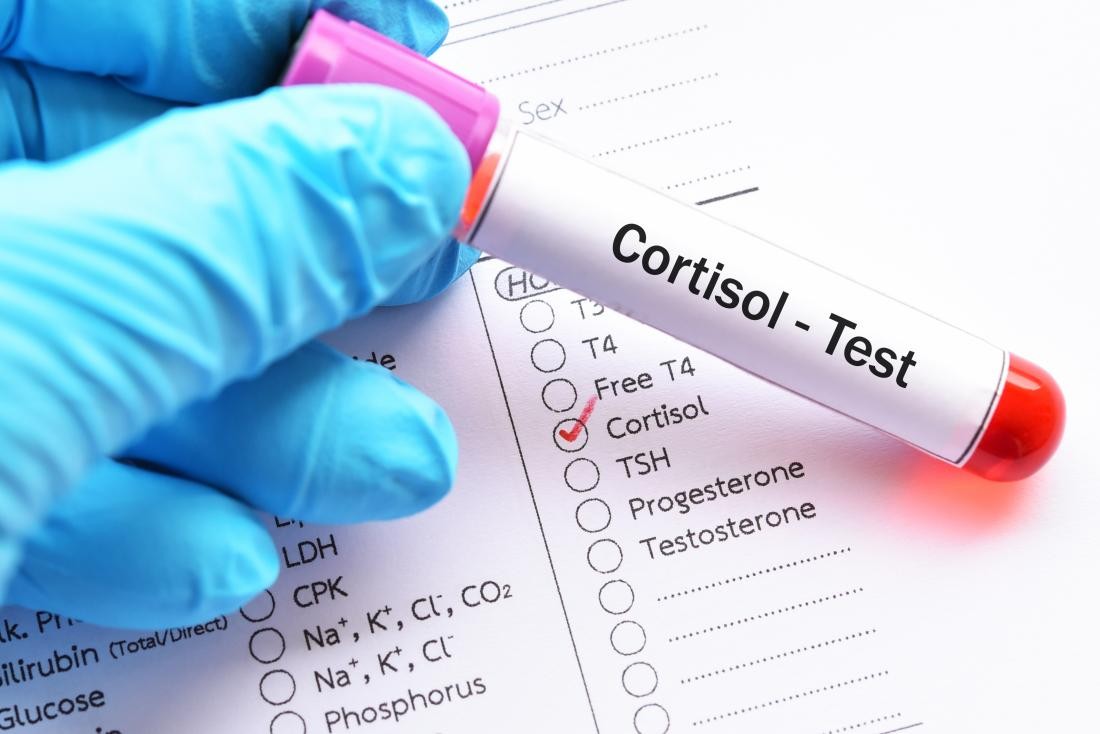Due to healthcare complexity, cortisol testing is necessary to determine adrenal problems or hormone imbalances. Healthy measurements of cortisol, the “stress hormone,” are important since it impacts many body components. This comprehensive course covers adrenal disease detection, stress assessment, and treatment planning using cortisol test kits. For equilibrium, cortisol alters the body and controls stress. Co-cortisol controls stress, metabolism, immunity, inflammation, and circadian rhythms.
Tests for cortisol may identify adrenal disorders. By measuring cortisol levels, Cushing’s syndrome and Addison’s disease are diagnosed and treated. Doctors and patients use cortisol tests to determine stress tolerance and production. Customized drugs may improve health. Stress management and hormone monitoring are available with the cortisol test kit. Regular cortisol testing may boost health, endurance, and hormone balance.
Understanding Cortisol Testing
Measure cortisol levels to examine hormonal balance and adrenal function. The hormone interactions shown by this test assist maintain health. Depending on the patient’s clinical presentation and healthcare provider’s needs, cortisol testing may use blood, urine, saliva, or a combination. Cortisol levels are measured from arm vein blood. This method accurately monitors blood cortisol levels to identify hormonal and adrenal disorders. Cortisol levels are also measured in 24-hour urine samples. Urine cortisol tests may show aberrant metabolism and excretion. Users may take saliva samples throughout the day without invasively monitoring cortisol levels. This approach may show stress reactions, circadian cortisol patterns, and the daily cycle. Various cortisol tests may identify Addison’s disease and Cushing’s syndrome. Cortisol testing may detect adrenal tumors and other cortisol-producing disorders to enhance hormonal balance and wellness. This information may guide treatment.
Importance of Cortisol Testing
Detecting Adrenal Disorders:
Cortisol testing helps diagnose adrenal diseases including Addison’s and Cushing’s. To diagnose hypo- or hypercortisolism, doctors may utilize aberrant cortisol levels.
direct treatment selection:
Cortisol testing guides treatment, particularly for corticosteroid users. Correct dosage modifications by monitoring cortisol levels avoid adrenal insufficiency and increase therapy efficacy.
Cortisol Testing Method
Blood Test: A doctor draws blood from an arm vein to measure cortisol levels. Since it yields accurate results, this cortisol testing method is popular.
Saliva Test:
Taking saliva samples at home for cortisol testing happens to be quite an easy and non-invasive. Long-term cortisol monitoring is possible using saliva test kits because to their accessibility and flexibility.
Urine Test:
Urine samples are obtained over 24 hours for a urinary cortisol test. This method evaluates cortisol production and excretion patterns.
Cortisol Test Preparation
Cortisol testing may need multiple preparations, depending on the test. Patients may be asked not to eat, drink, or brush their teeth before testing to maintain cortisol levels. Medical doctors may also recommend rest and relaxation to lower stress-induced cortisol.
Risks and results interpretation
Tests for cortisol are normally safe, however blood tests might be painful due to needles. Saliva and urine tests are safe and non-invasive. Cortisol test results must be interpreted in light of clinical symptoms and medical history. After aberrant results, MRI, dexamethasone suppression, and ACTH stimulation tests may be requested.
In summary
To conclude, cortisol test kits are vital for diagnosing adrenal issues, stress responses, and personalized treatment programs. Cortisol testing helps doctors diagnose and treat a number of medical conditions by revealing hormonal balance and adrenal function. Cortisol testing promotes health monitoring and underlines the need of customized therapy in patient well-being.


